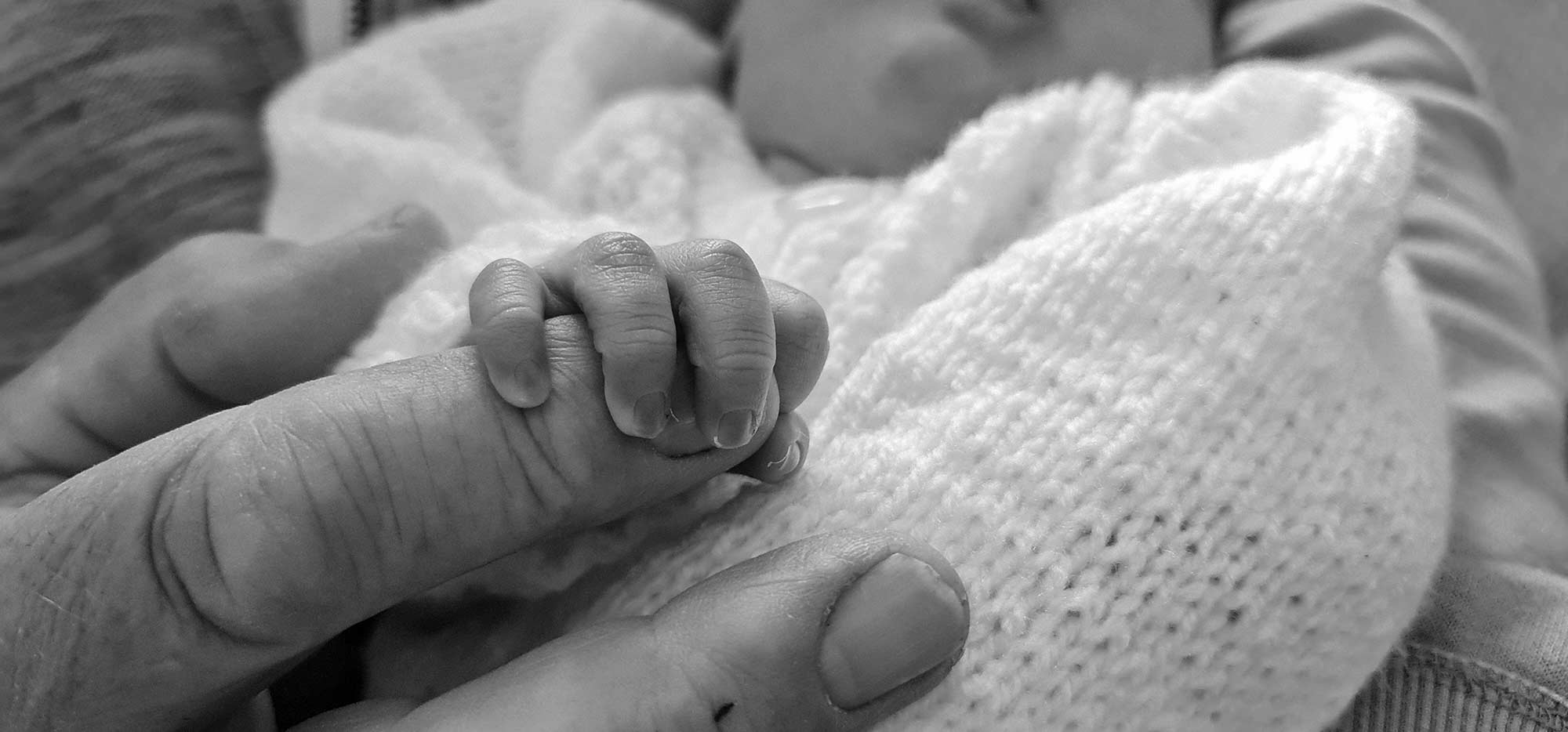Grandparents – what are their rights?

We often hear how wonderful the love shared between children and their grandparents can be and what a valuable relationship they share. The restrictions imposed by the lockdowns of 2020 and 2021 certainly highlighted the anguish and upset that grandparents, and grandchildren, experience when they are prevented from sharing that relationship.
For some, this is not just an issue caused by the global pandemic. A 2019 survey by Atomik research suggested that of the 14 million grandparents in the UK, 1 in 7 feel they are prevented from seeing their grandchildren and nearly ¼ report that they are entirely excluded from their grandchild’s life following the divorce of that child’s parents.
It was Esther Rantzen who said that it ‘is a child’s right’ to see their grandparent(s) but, although this may be a popular consensus, there is no legislation in the UK that gives any automatic rights for grandparents to spend time with their grandchildren. In 2018, proposals were made to Parliament that would have seen a legal change to establish a presumption that grandparents (and other close relatives) should be allowed to spend time with their grandchildren. That change has not been enacted and it remains the position that grandparents will need the permission of the court before they can make an application for an order (known as a Child Arrangements Order) seeking this time.
Many grandparents feel unsure of where to start and how to resolve the problem when their relationship with their grandchild begins to break down. It is usually best for grandparents to try to discuss the situation with the child’s parents and see if some arrangements can be agreed amicably. This can often be difficult, particularly where emotions are running high following a divorce or separation, but grandparents should not feel that there is nothing further that they can do if an agreement cannot be reached.
Before making any application to the court for a Child Arrangements Order, it is usually necessary for the parties to attend mediation. The aim of mediation is that a neutral, trained third party will assist the parties in reaching an agreement regarding the arrangements that should be put in place. Since the mediator is impartial, they will not tell the parties what they must do but will help them to improve their communication and try to get them to come to an agreement together that will work for everyone, particularly the children.
Of course, there will be times where arrangements cannot be agreed at mediation and grandparents will need to consider whether to make an application to the court for a Child Arrangements Order. It is only those who have parental responsibility for a child who are automatically entitled to make an application for such an order and grandparents will need to ask the Judge for permission to make the application. In deciding whether this permission should be granted, the Judge will consider a number of factors such as;
- The involvement of the grandparents in the child’s lives to date;
- The nature of the application;
- The views of the parents; and
- Whether the application may be harmful to the child.
The best interests of the child will always be paramount in the Judge’s consideration of whether permission should be given to make the application and also what arrangements should be put in place for the child to spend time with their grandparents. Of course, there will be some instances where it is not safe or appropriate for any order to be made but that is certainly not the starting point. Judges are becoming increasingly mindful of the important relationship that children share with their grandparents and there are many instances where it is appropriate for a Judge to make an order obliging the child’s parent to enable the child and grandparents to spend time together.
If you are experiencing difficulties in your own relationship with your grandchildren or with your child’s grandparents, please do feel free to contact us to discuss things further, you can do this by calling 01903 229999 or by emailing us info@bennett-griffin.co.uk
